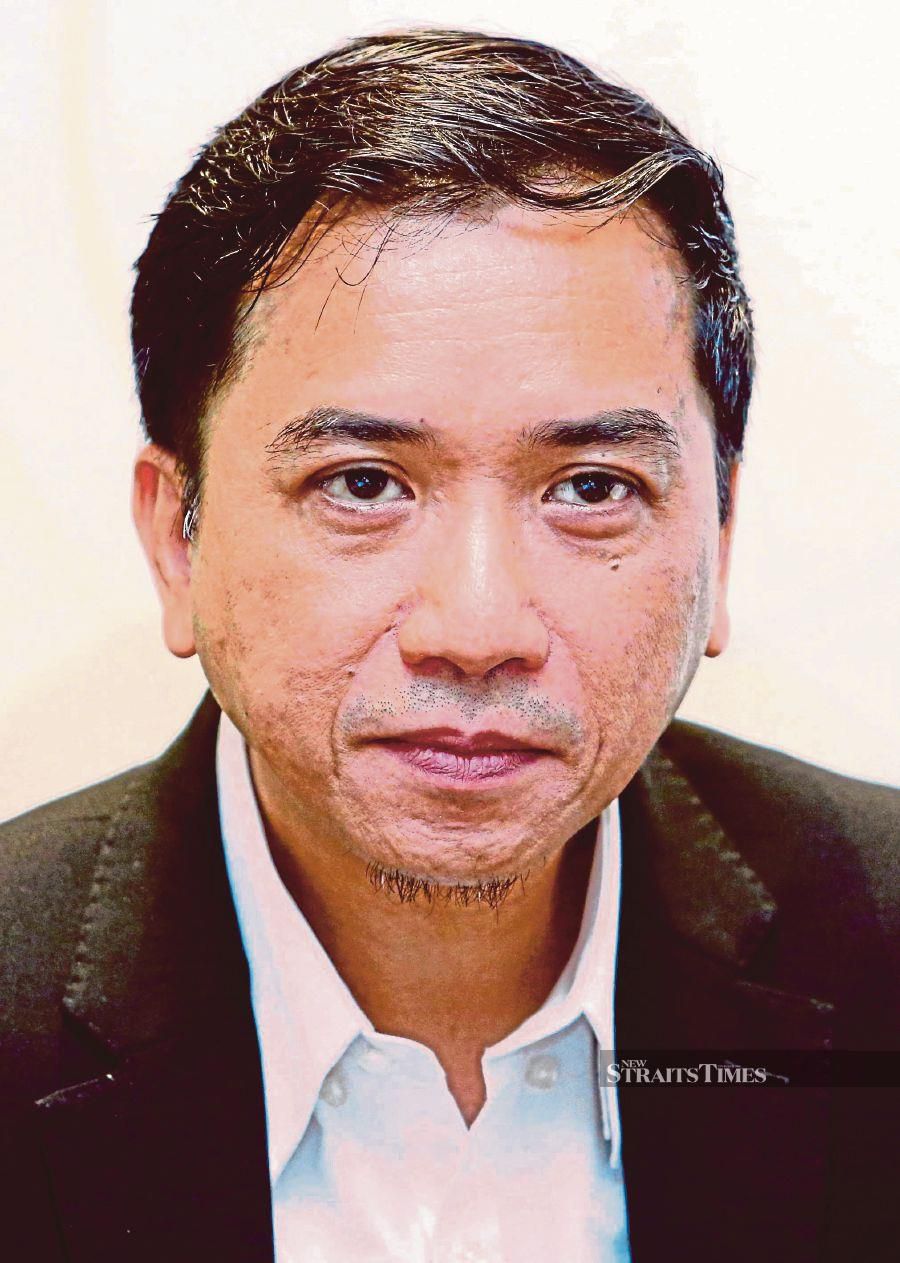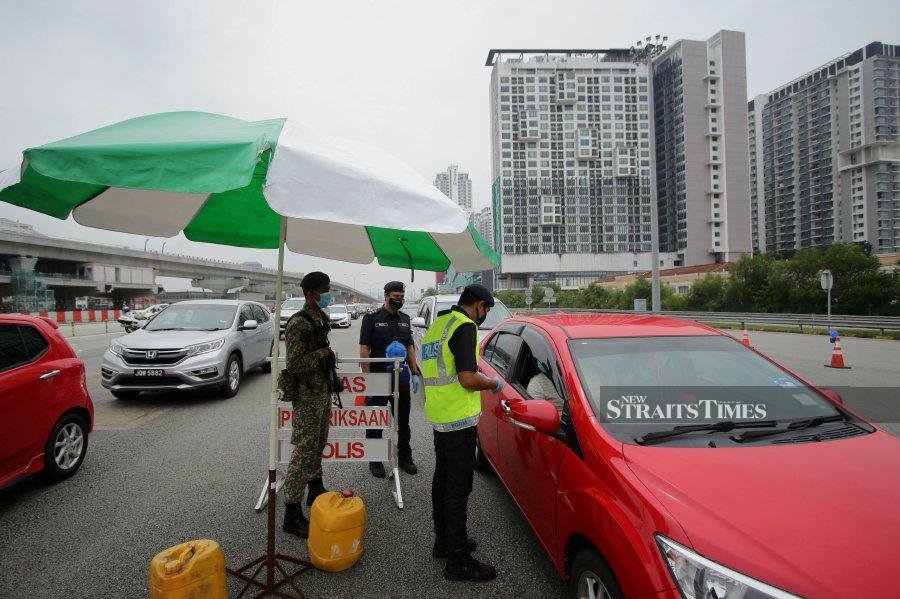KUALA LUMPUR: The government must hold back plans to relax restrictions on fully vaccinated individuals and shut down industries for at least two weeks to rein in the raging Covid-19 pandemic, say experts.
They believed that while loosening restrictions for those who have been fully vaccinated was the next logical step, that move should not be adopted just yet.
Universiti Putra Malaysia consultant clinical microbiologist Professor Dr Zamberi Sekawi advised the government not to prematurely ease restrictions on people who had completed two doses of vaccination in view of the large number of active cases.
"Full vaccination offers optimum protection starting two weeks after the second dose.
"Currently, the number of people who have entered this phase is relatively low in our country.
"Furthermore, there is still a larger segment of our population who have not been inoculated yet.
"Restrictions can gradually be eased in areas with a low number of active cases and a high number of vaccinated individuals.
"So it is not wise to relax the standard operating procedures (SOP) yet," he told the New Straits Times.
Dr Zamberi said the trend of severe infections, deaths and vaccination status of infected individuals was important to objectively assess the country's Covid-19 situation.
"We cannot objectively assess the situation using only the number of daily new cases because a large portion of these cases are asymptomatic.
"The vaccines are primarily intended to prevent infections from becoming more severe and to reduce the death toll.
"Therefore, the ministry should indicate whether severe cases have fallen as the vaccination rate increased in their daily report.

"They must also report a clear breakdown of new cases and deaths based on the vaccination status to highlight the importance and effectiveness of vaccines. At the moment, we are encouraging people to take vaccines based on data from foreign countries.
"Since our country currently has one of the highest vaccination rates, the ministry should report the local data to combat vaccine hesitancy," he said.
Yesterday, Malaysia recorded its highest ever number of daily infections at 20,596, with Selangor and Kuala Lumpur accounting for more than half the cases.
The country's death toll also exceeded the 10,000 mark when 164 people succumbed to the coronavirus yesterday.
Universiti Putra Malaysia epidemiologist and biostatistician Associate Professor Dr Malina Osman urged the government to close all workplaces for at least two weeks and provide the employees with food coupons to compensate for the days without income.
"Expedite vaccination for the employees and inoculate their families too in one go.
"After the two-week period, only industries that have at least 80 per cent of their employees fully vaccinated should be allowed to operate.
"People in Selangor, especially, should not be choosy about the type of vaccine that they get.
"Some vaccination centres in the state have poor uptake because many recipients insist on getting the Pfizer jab," she said.
Manipal University College Malaysia Community and Occupational Medicine Professor Dr G. Jayakumar suggested that the government encourage or mandate companies to appoint social distancing ambassadors (SDA) to enforce physical distancing among their employees, visitors and customers.
"SDAs are internal customer service officers who advise workers and visitors to adapt their behaviour to the SOP in a friendly way. They will be required to report any issues to security personnel for enforcement.
"As practised in Singapore and elsewhere, this initiative can also be implemented by the government at public places. The job entails persuading and not coercing," he said.
Dr Jayakumar also stressed the need for rigorous inspections at foreign workers' dormitories, ramping up testing using saliva-based test kits and expediting vaccination in vulnerable groups.
A protracted lockdown, he said, was no longer sustainable as it could result in societal fatigue, economic hardship, mental health issues and death caused by other neglected diseases due to an overwhelmed healthcare system.


